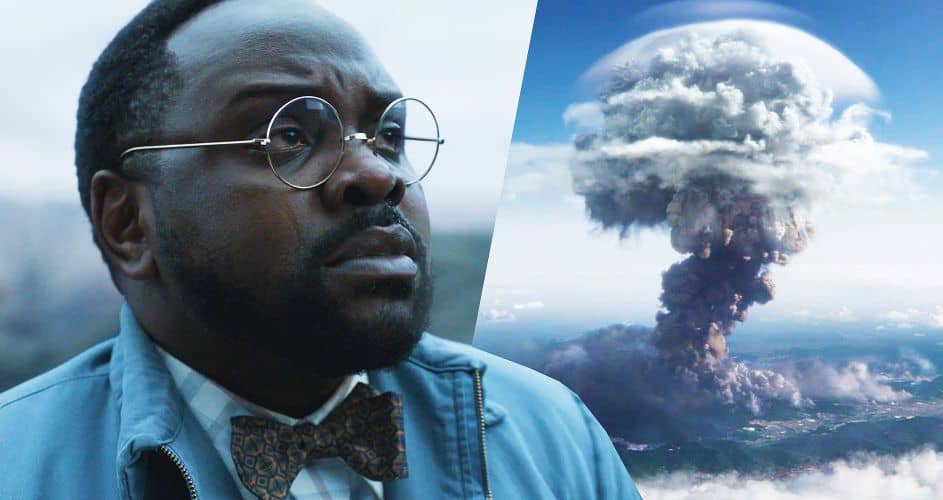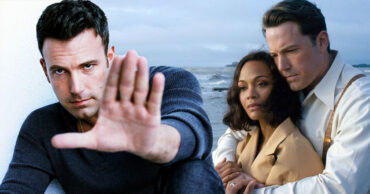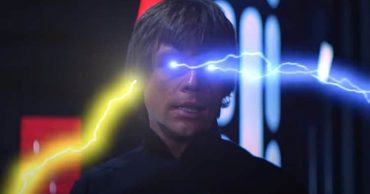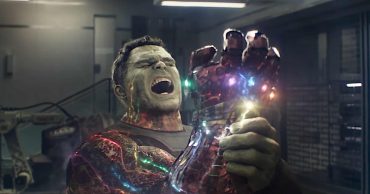
When works of fiction are being thought of as controversial there are moments when they might actually have a bit of weight. But when it’s a moment that is a part of actual history there is a fine line that doesn’t always need to be crossed. Then there’s the idea that people might need to take it down a few notches and realize that the fictional story is finding a different way to present something that’s been a part of history for a very long time and while regrettable, is not something that should be turned away from. The Hiroshima scene in The Eternals, when Phastos looks around in utter horror and sorrow at what his contributions to humanity have wrought, is a work of fiction that is no more controversial than the showcasing of the plight of the many Jews that were shown in X-Men: First Class as they were marched off to the death camps. Some might feel that I’m being a little too blunt in saying such a thing, but the truth is that all of it has been used for emotional effect, to give the respective movies a little bigger punch in the emotional department.
And like clockwork, people have taken to being offended and calling this controversial since it depicts a time in history when humanity didn’t exactly cover itself with glory. The fact that some support the bombing of Hiroshima all this time later and others will discuss how something like this must never happen again is a sure way to show that no matter if we did have Eternals living among us, they’re not any more effective than those in the movies that are crying over the state of humanity that one of their own caused. Even getting offended at the fact that the Eternal that did this was the first gay black man in the MCU is a bit ridiculous since had it been any of the others that had done such a thing then there would be just as much outrage from a different group of people.
These are movies. They’re meant for entertainment and enjoyment and will pack as much of an emotional punch as they need to in order to get people to pay attention and to explain the place of the characters in the movie. In this case, the Eternals had been around for a while, and despite being ordered to stay out of human wars and conflicts, they’d still been charged with guiding their development in order to help expand the numbers in order to fuel the Emergence. Phastos might have very well advanced humanity by several hundred years or millennia had he been given the chance, but as we see in the early part of the movie, he’s relegated to inventing the plow, which he’s actually disappointed about. But fast-forwarding a bit to the Hiroshima flashback, we see Phastos, a wise and supposedly noble Eternal, lamenting the destruction that had come from one of his own inventions. In truth, Hiroshima was without any doubt a sad moment in human history that doesn’t need to be mocked or made fun of, even though people do this for various reasons.
But here’s where it doesn’t make a lot of sense. Phastos had been around for a while, he’d seen the things humans did, he’d witnessed their savagery and inability to always think things through. He’d also witnessed, supposedly, World War I, meaning he’d seen how far humans could go and how cruel they could be. His tears over the Hiroshima bombing are real enough for the story, but at the same time, the logic behind this is rather faulty since the character would have already known what was possible, and what harnessing the power of the atom would have meant the moment he laid it in the hands of the humans. In a way, Phastos helped to create truly horrific events that he didn’t see coming somehow. This is why the controversy of this moment is a bit ridiculous, especially since the Eternal responsible gave up on humanity after this, at least in part, since he had no more faith in the species and couldn’t see the point of helping them out.
This kind of makes Phastos look like an overeager child that didn’t realize what he was doing and laments it later on. This might have actually been a little controversial had the devastation been shown in greater and more visceral detail, but that was never bound to happen since this is a Disney movie, and there was no need to go beyond the ruin that was already depicted. But other than that, it’s ridiculous on both ends, since trying to deny a moment in history that was admittedly awful when it shows up in a movie and creating a race that’s not to meddle in the affairs of humanity but still help them to advance is about as contradictory as it gets.
a Disney movieEternals
 Follow Us
Follow Us




